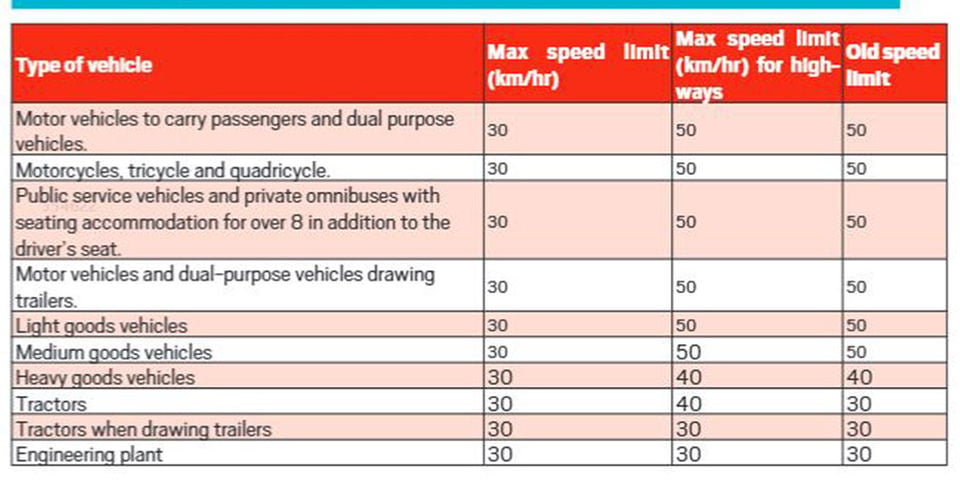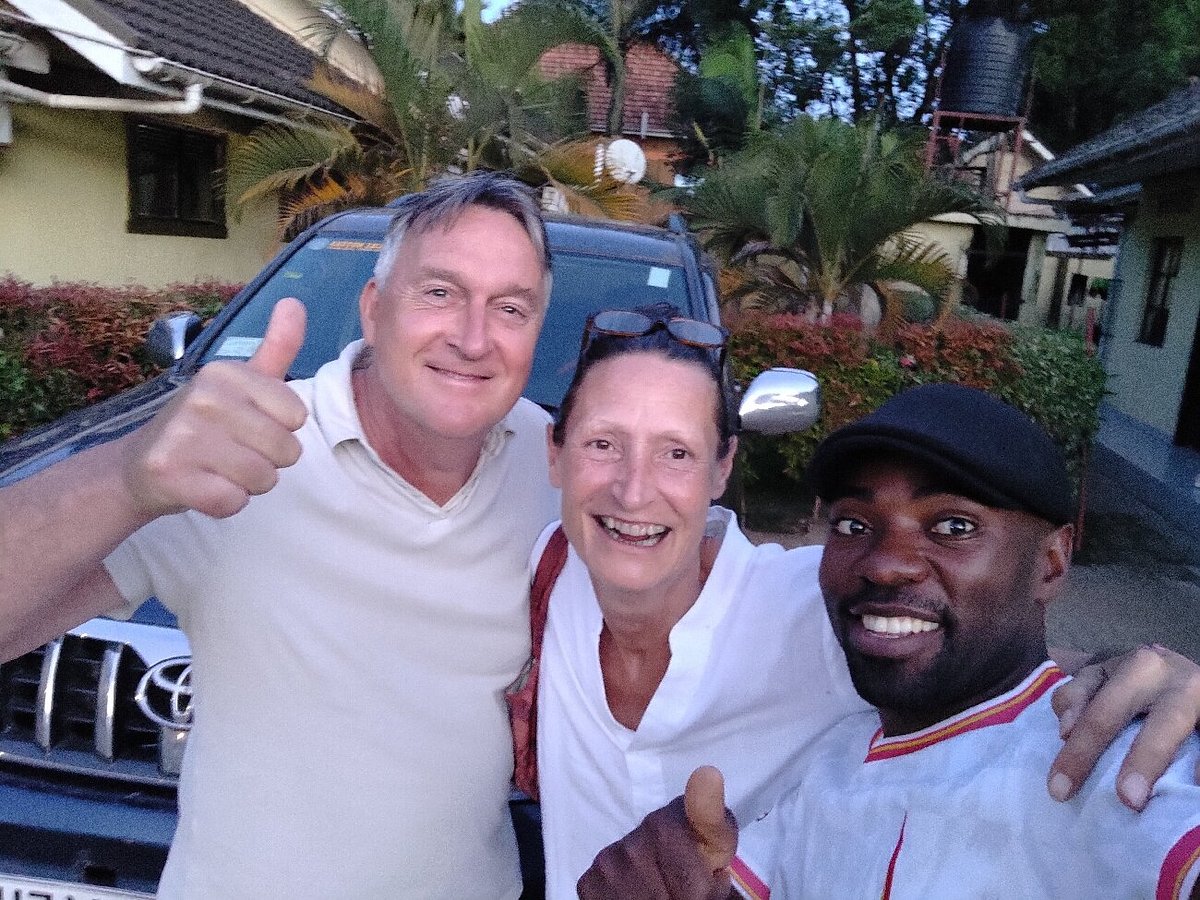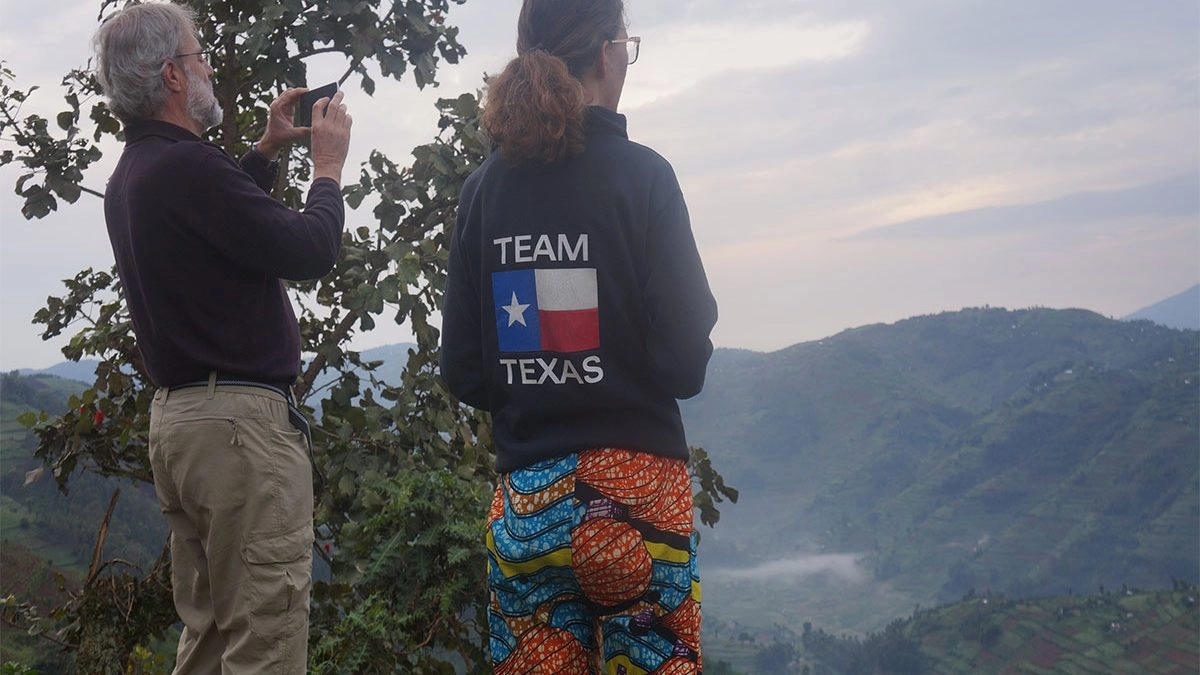
Visiting Uganda: What You Need To Know
Uganda, often called the “Pearl of Africa” by Winston Churchill, is a captivating East African destination that offers an extraordinary blend of wildlife, culture, and natural beauty. From the mist-covered mountains where mountain gorillas roam to the source of the mighty Nile River, Uganda provides unforgettable experiences for every type of traveler. This comprehensive guide covers everything you need to know to plan your perfect Uganda safari adventure.
Entry Requirements and Documentation
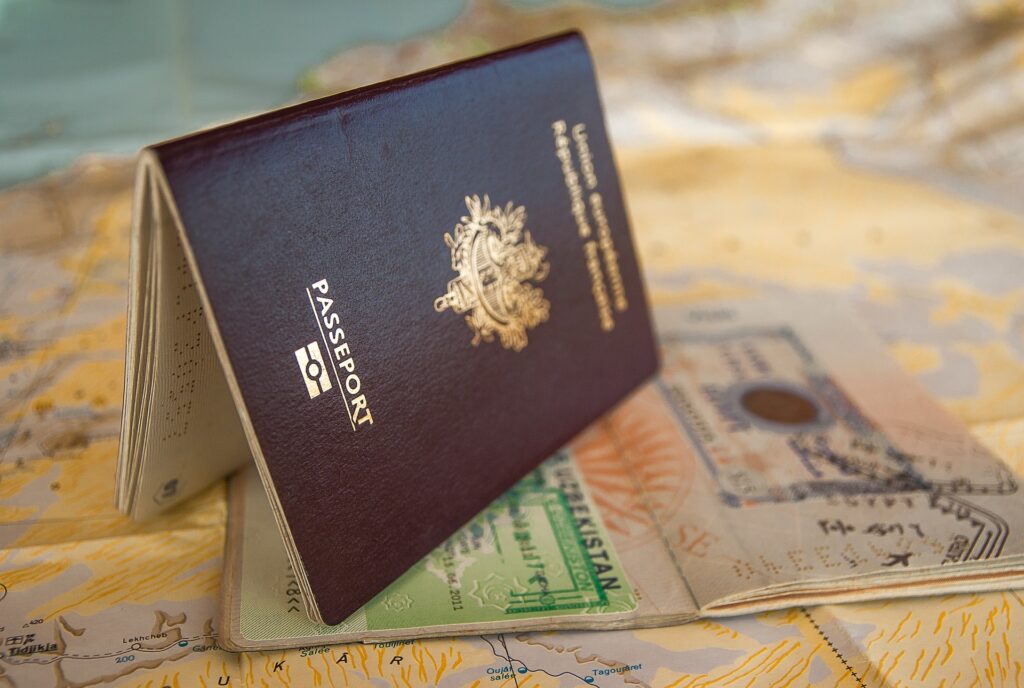
Visa Requirements
Most international visitors require a visa to enter Uganda. The good news is that Uganda offers several convenient visa options:
East Africa Tourist Visa: This is often the best value option for travelers planning to visit multiple East African countries. Priced at $100, it allows visits to Uganda, Kenya, and Rwanda within a 90-day period.
Single Entry Visa: Costs $50 and allows one entry with a 90-day stay.
Multiple Entry Visa: Priced at $100, valid for one year with multiple entries allowed.
E-Visa System: Uganda operates an efficient online visa application system. Apply at least 7-10 days before travel through the official Uganda Electronic Visa/Permit Application System. You’ll need a passport photo, passport bio-data page scan, and yellow fever vaccination certificate.
Visa on Arrival: Available at Entebbe International Airport and major land borders, though online application is recommended to avoid delays.
Passport and Health Requirements
Your passport must be valid for at least six months from your entry date with at least two blank pages for stamps. Yellow fever vaccination is mandatory for all travelers over one year old entering Uganda, and you must present your yellow fever certificate upon arrival.
Health and Safety Preparations
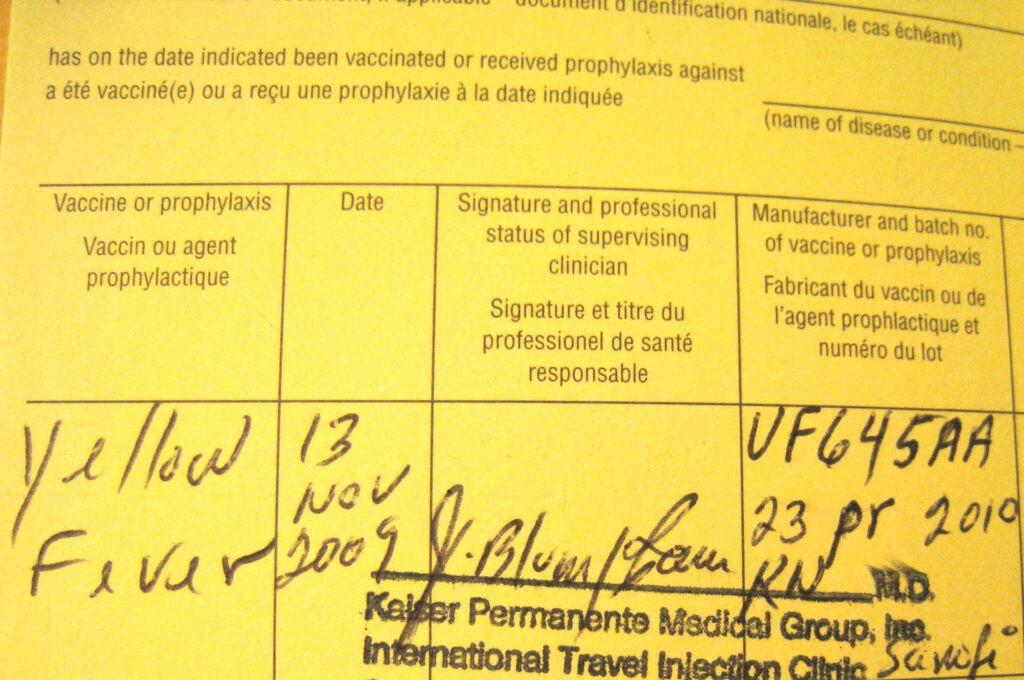
Vaccinations and Medical Precautions
Beyond the mandatory yellow fever vaccination, several other immunizations are recommended:
Routine Vaccinations: Ensure you’re up to date with measles, mumps, rubella, diphtheria, tetanus, pertussis, and seasonal flu vaccines.
Recommended Vaccinations: Hepatitis A and B, typhoid, meningitis, and polio boosters are advisable.
Malaria Prevention: Uganda is a malaria-endemic country. Consult your doctor about appropriate antimalarial medication. Options include doxycycline, mefloquine, or atovaquone-proguanil, depending on your health profile and travel duration.
Health Insurance
Comprehensive travel health insurance is essential. Ensure your policy covers medical evacuation, as specialized medical facilities may be limited outside major cities. Many policies exclude adventure activities, so verify coverage if you plan on gorilla trekking, white-water rafting, or other adventure sports.
Safety Considerations
Uganda is generally safe for tourists, but standard travel precautions apply. Petty crime can occur in urban areas, particularly in Kampala. Avoid displaying expensive items, walking alone at night, and keep copies of important documents separate from originals. Political demonstrations should be avoided, and it’s wise to stay informed about current events.
Getting There and Around
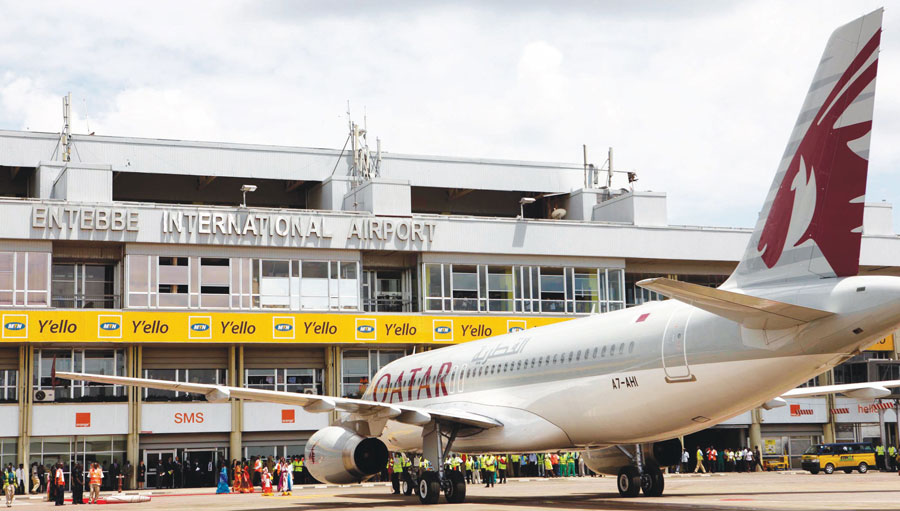
International Access
Entebbe International Airport is Uganda’s main international gateway, located 40 kilometers from Kampala on the shores of Lake Victoria. Major airlines serving Uganda include Emirates, Qatar Airways, Turkish Airlines, Ethiopian Airlines, and several regional carriers.
Overland Entry: Uganda shares borders with Kenya, Tanzania, Rwanda, Democratic Republic of Congo, and South Sudan. Popular overland routes include the Malaba and Busia crossings from Kenya, and the Katuna border from Rwanda.
Domestic Transportation

Car Rental and Driving: Renting a 4WD vehicle provides maximum flexibility for exploring Uganda’s diverse landscapes. International driving permits are required, and driving is on the left side of the road. Roads range from excellent tarmac highways to challenging dirt tracks, especially during rainy seasons.
Public Transportation: Matatus (shared minibuses) and buses connect major towns and cities. While economical, they can be crowded and schedules are flexible. For longer distances, consider the more comfortable Post Bus services.
Domestic Flights: Several domestic airlines operate flights to major destinations like Kasese (for Queen Elizabeth National Park), Arua, Gulu, and airstrips near national parks. This option saves time but costs significantly more than road transport.
Tour Operators: Many visitors prefer organized tours, especially for gorilla trekking and safari activities. Reputable local operators provide experienced guides, proper vehicles, and handle logistics including permits and accommodations.
Currency and Financial Matters
Currency and Exchange

The Ugandan Shilling (UGX) is the local currency. US Dollars are widely accepted, especially for tourist activities, accommodations, and gorilla permits. However, ensure your US dollar notes are clean, undamaged, and preferably printed after 2013, as older or damaged notes may be rejected.
Exchange rates fluctuate, but as a general guide, $1 USD equals approximately 3,700-3,800 UGX. Currency exchange is available at banks, forex bureaus, and the airport. Forex bureaus typically offer better rates than banks.
Banking and ATMs
ATMs are available in major towns and cities, dispensing Ugandan Shillings. International cards (Visa and MasterCard) are widely accepted. However, cash is essential for many activities, especially in rural areas and national parks. Inform your bank about your travel plans to avoid card blocks.
Mobile money services like MTN Mobile Money and Airtel Money are extremely popular and can be useful for small transactions once you have a local SIM card.
Accommodation Options
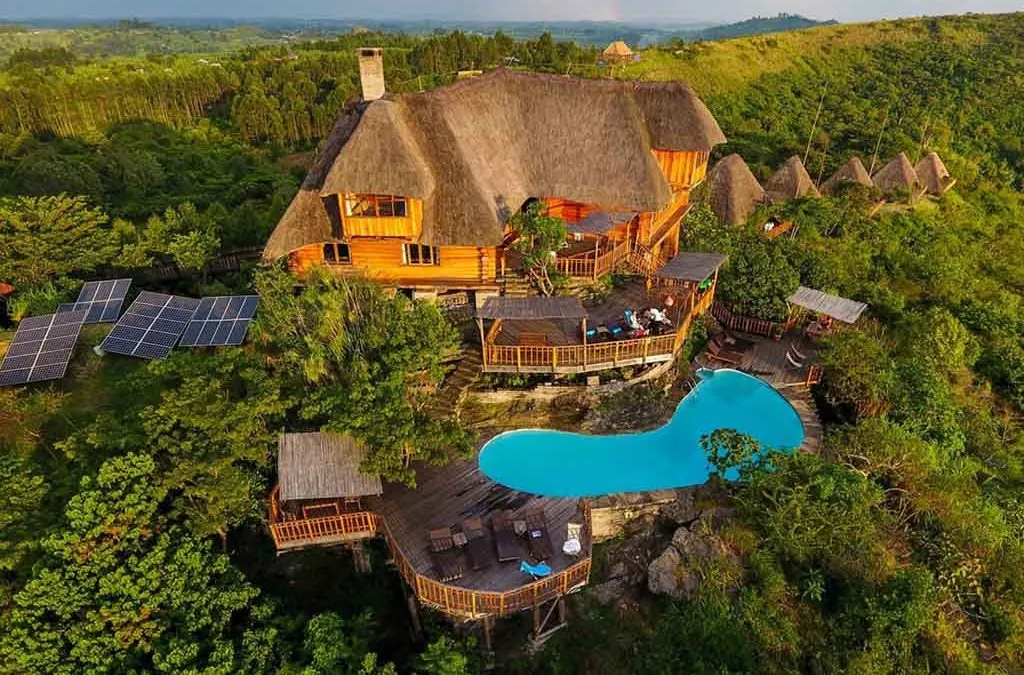
Luxury Lodges and Resorts
Uganda offers world-class luxury accommodations, particularly near national parks. Properties like Sanctuary Gorilla Forest Camp, Chobe Safari Lodge, and Mihingo Lodge provide exceptional comfort in stunning natural settings. Expect to pay $300-800+ per person per night for these premium experiences.
Mid-Range Options
Comfortable mid-range lodges and hotels are available throughout the country, offering good amenities at reasonable prices ($50-200 per night). Many feature beautiful locations with excellent service and are perfect for travelers seeking comfort without luxury price tags.
Budget Accommodations
Backpacker hostels, guesthouses, and budget lodges provide affordable options ($10-50 per night). Major towns have several choices, and even near national parks, budget-friendly accommodations are available, though amenities may be basic.
Camping
Many national parks and private conservancies offer camping facilities. This budget-friendly option ($5-15 per person per night) allows you to experience Africa’s sounds and stars up close. Some camps provide tents and equipment, while others require you to bring your own gear.
Planning to book a safari lodge in Uganda or camping ground on your next safari adventure- we at Rent A Driver Uganda can help you out at no extra cost when you rent a car and driver with us.
Climate and When to Visit
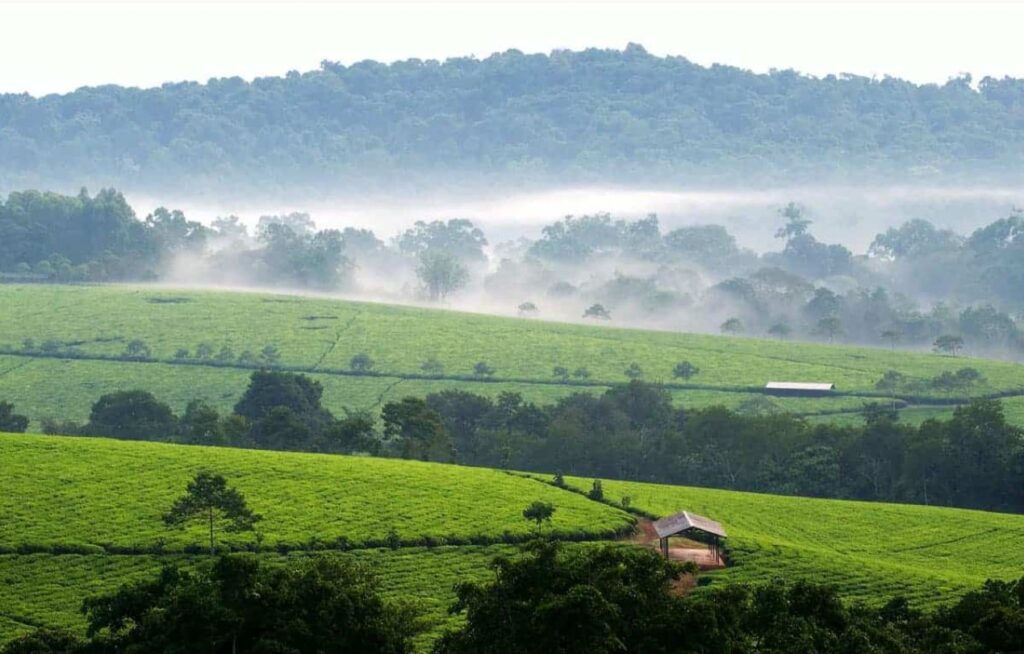
Seasonal Patterns
Uganda’s equatorial location means temperatures remain relatively stable year-round, typically ranging from 20-30°C (68-86°F). However, altitude significantly affects temperature, with mountainous areas being considerably cooler.
Dry Seasons: December to February and June to August are considered the best times to visit. Roads are more accessible, wildlife viewing is excellent as animals congregate around water sources, and gorilla trekking conditions are optimal.
Wet Seasons: March to May and September to November bring heavy rains. While this makes some roads challenging and increases humidity, it’s also when the landscape is most lush and beautiful. Bird watching is exceptional during wet seasons, and accommodation rates may be lower.
Regional Variations
The north tends to be drier and warmer, while mountainous regions like the Rwenzori Mountains and Mount Elgon can be quite cool and receive more rainfall. Lake Victoria’s influence moderates temperatures in central and southern regions.
Wildlife and National Parks
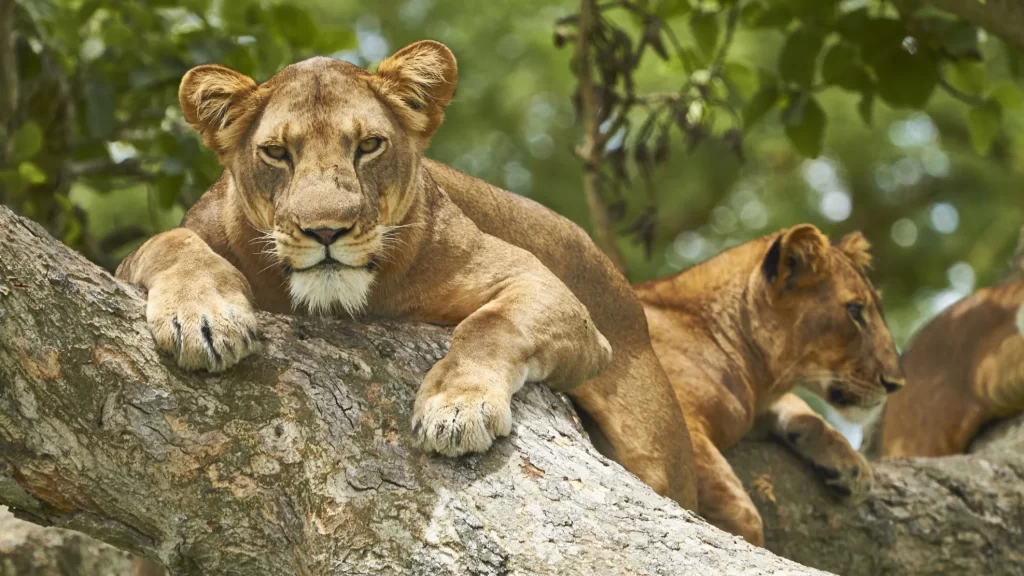
The Big Five and Beyond
While Uganda isn’t a traditional “Big Five” destination, it hosts four of the five (lacking rhinos, though Ziwa Rhino Sanctuary offers rhino tracking). What Uganda lacks in traditional game viewing, it more than compensates with unique primate experiences and diverse ecosystems.
Mountain Gorillas: Uganda is home to roughly half of the world’s remaining mountain gorillas. Bwindi Impenetrable National Park and Mgahinga Gorilla National Park offer this once-in-a-lifetime experience.
Chimpanzees: Multiple locations offer chimpanzee tracking, including Kibale National Park (highest success rates), Budongo Forest, and Kyambura Gorge.
Other Primates: Uganda hosts 13 primate species, including golden monkeys, red colobus monkeys, and several species of mangabeys and guenons.
Major National Parks
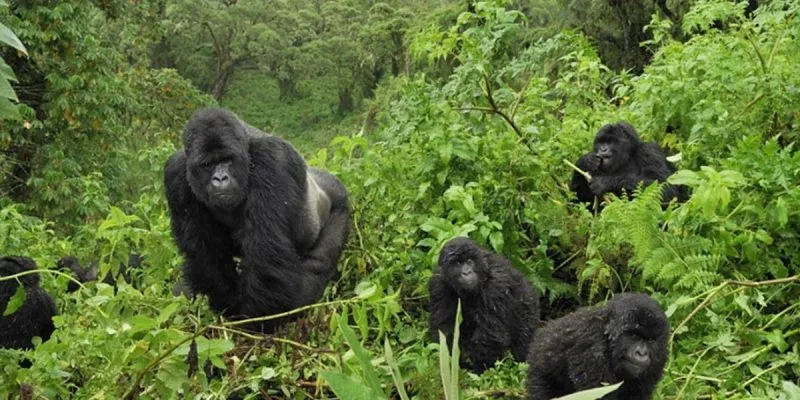
Bwindi Impenetrable National Park: World-renowned for mountain gorilla trekking, this UNESCO World Heritage site also offers exceptional bird watching with over 350 species.
Queen Elizabeth National Park: Uganda’s most popular savannah park, famous for tree-climbing lions in the Ishasha sector and boat cruises on the Kazinga Channel.
Murchison Falls National Park: The largest park, featuring the spectacular Murchison Falls where the Nile forces through a narrow gorge, plus excellent game viewing and chimpanzee trekking.
Kibale National Park: The “primate capital of the world” with the highest density of primates in Africa and the best chimpanzee tracking opportunities.
Kidepo Valley National Park: Remote but spectacular, offering excellent game viewing in dramatic landscapes with fewer crowds.
Culture and People
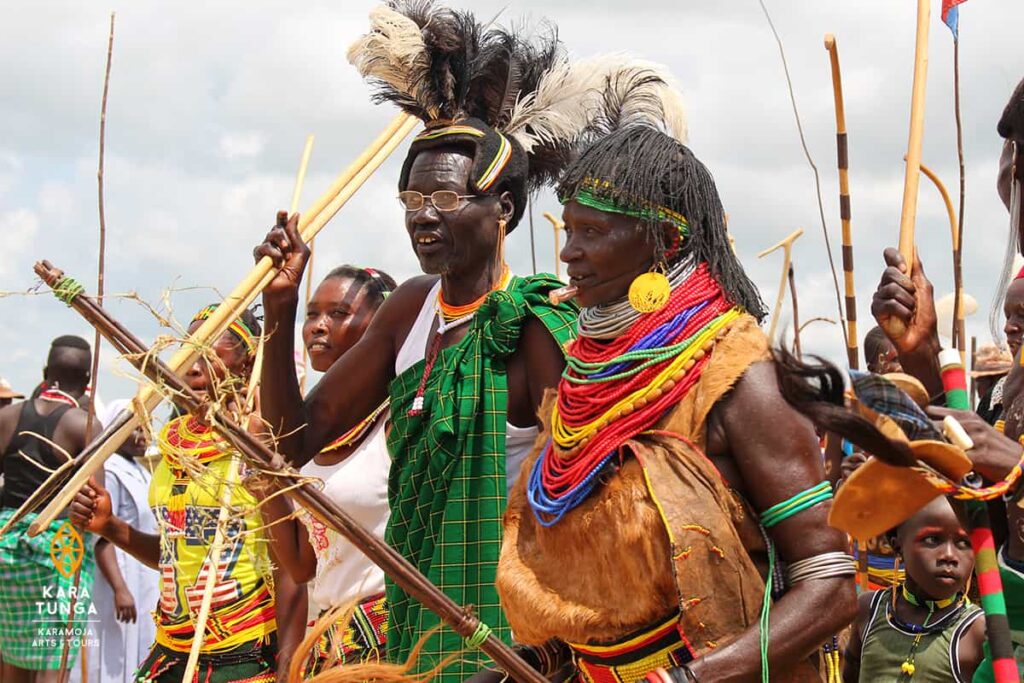
Diverse Communities
Uganda is home to over 50 different ethnic groups, each with unique traditions, languages, and customs. The largest groups include the Baganda, Banyankole, Basoga, and Bakiga, among many others. English is the official language, but Luganda is widely spoken, and over 40 local languages are used throughout the country.
Cultural Etiquette
Ugandans are generally friendly and welcoming to visitors. Respect for elders is paramount, and greetings are important social rituals. When visiting rural communities, dress modestly and ask permission before photographing people. Tipping is appreciated but not always expected; 10-15% is standard in restaurants and for safari guides.
Cultural Experiences
Many communities offer cultural tourism experiences, including traditional dance performances, craft demonstrations, and village walks. The Batwa people near Bwindi offer particularly meaningful cultural encounters, sharing their traditional forest-dwelling lifestyle.
Food and Dining
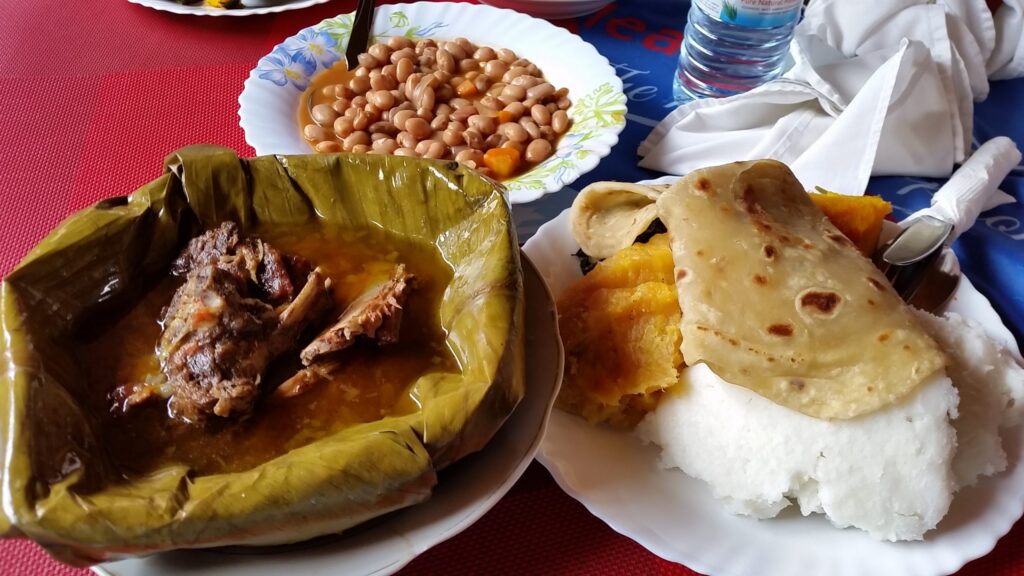
Traditional Cuisine
Ugandan cuisine centers around staples like matoke (steamed green bananas), posho (maize meal), rice, and sweet potatoes, typically served with meat, fish, or vegetable stews. Popular dishes include groundnut stew, fresh fish from Lake Victoria, and rolex (a street food wrap with eggs and vegetables).
Dining Options
Major cities offer diverse dining options, from local restaurants serving traditional fare to international cuisine. Safari lodges typically provide excellent buffet meals featuring both international and local dishes. In rural areas, options may be limited to basic local food.
Food Safety
Stick to bottled or properly purified water throughout your visit. Avoid raw vegetables and fruits you cannot peel yourself. Hot, freshly cooked meals are generally safe. Most safari lodges and reputable restaurants maintain good hygiene standards.
Activities and Experiences
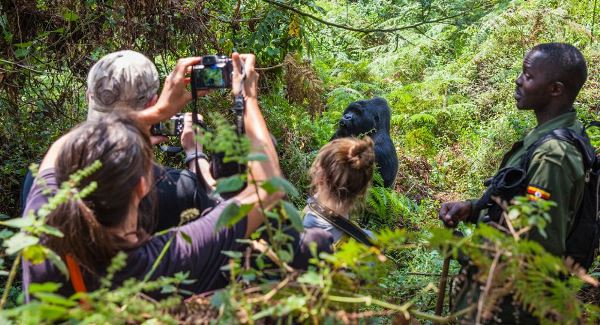
Wildlife Experiences
Gorilla Trekking: Permits cost $700 per person and must be booked well in advance. The experience includes a briefing, forest trek (1-8 hours), and one hour with the gorilla family.
Chimpanzee Tracking: Less expensive than gorilla trekking at $200-250 per permit, with high success rates, especially in Kibale National Park.
Game Drives: Traditional safari experiences are available in savannah parks, with the best game viewing in Queen Elizabeth, Murchison Falls, and Kidepo Valley National Parks.
Boat Safaris: Excellent opportunities on the Nile River at Murchison Falls, the Kazinga Channel in Queen Elizabeth National Park, and various crater lakes.
Adventure Activities

White Water Rafting: The Nile River near Jinja offers world-class rafting experiences suitable for various skill levels.
Mountain Climbing: Mount Elgon and the Rwenzori Mountains provide excellent trekking and climbing opportunities, including Uganda’s highest peak, Margherita Peak (5,109m).
Bungee Jumping: Take the plunge over the source of the Nile River in Jinja for an adrenaline rush with spectacular scenery.
Cultural and Historical Sites
Source of the Nile: Visit Jinja to see where the world’s longest river begins its journey from Lake Victoria to the Mediterranean Sea.
Kasubi Tombs: UNESCO World Heritage site in Kampala, serving as the burial ground for Buganda kings.
Uganda Museum: Learn about the country’s rich cultural heritage and natural history in Kampala.
Practical Tips for Your Visit
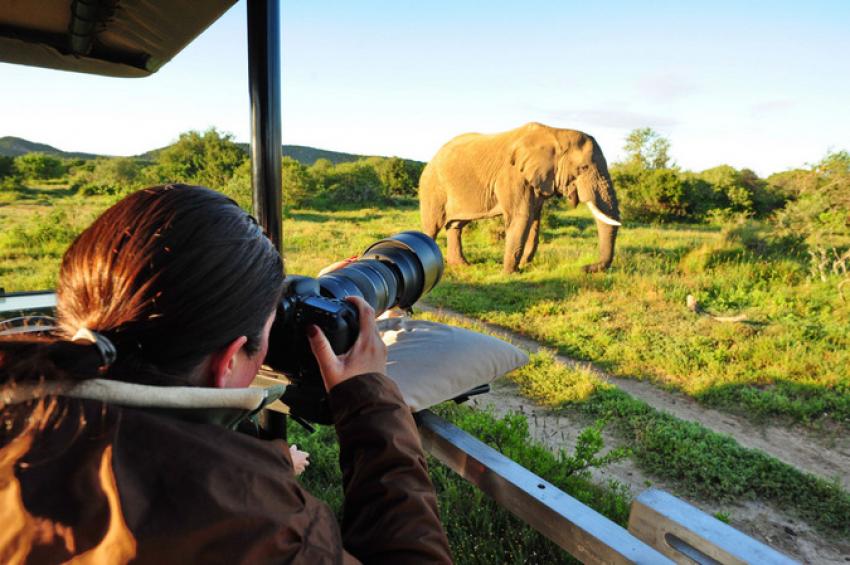
Communication and Internet
Mobile phone coverage is excellent in most areas, with several networks providing good service. Purchase a local SIM card for affordable calls and data. WiFi is available in most hotels, lodges, and restaurants in major towns.
Electricity and Plug Types
Uganda uses 240V electricity with British-style three-pin plugs (Type G). Bring a universal adapter and consider a power bank for safari activities where charging opportunities may be limited.
Photography
Uganda offers incredible photographic opportunities. Bring extra batteries and memory cards, as these can be expensive locally. Respect photography restrictions in national parks and always ask permission before photographing people.
Shopping and Souvenirs

Local markets offer beautiful crafts, including wood carvings, textiles, jewelry, and coffee. Kampala’s craft markets and the Source of the Nile Craft Village in Jinja are excellent places to shop. Always negotiate prices in markets, but be fair and respectful.
Time Zone
Uganda operates on East Africa Time (EAT), which is UTC+3, with no daylight saving time adjustments.
Environmental Responsibility
Sustainable Tourism
Choose operators committed to conservation and community benefit. Many of Uganda’s tourism activities directly support conservation efforts and local communities. Gorilla and chimpanzee permit fees contribute significantly to park management and local development projects.
Leave No Trace
Respect wildlife and natural environments by maintaining appropriate distances, not feeding animals, and properly disposing of waste. Many accommodations are implementing eco-friendly practices, and visitors should support these efforts.
Final Preparations
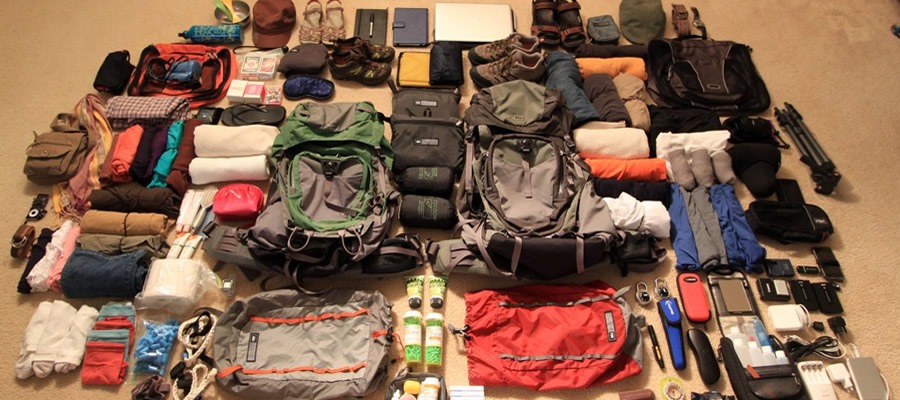
Packing Essentials
Pack lightweight, neutral-colored clothing suitable for varying temperatures and activities. Essential items include:
- Sturdy walking boots for trekking
- Light rain jacket
- Hat and sunglasses
- Insect repellent and sunscreen
- Binoculars for wildlife viewing
- Camera with extra batteries
- Personal first aid kit
- Flashlight or headlamp
Travel Insurance
Comprehensive travel insurance covering medical expenses, evacuation, trip cancellation, and adventure activities is essential. Many standard policies exclude activities like gorilla trekking, so verify coverage or purchase additional adventure sports coverage.
Conclusion
Uganda offers one of Africa’s most diverse and rewarding travel experiences. From the profound encounter with mountain gorillas in ancient forests to the thundering spectacle of Murchison Falls, from cultural exchanges with welcoming communities to thrilling adventures on the Nile River, Uganda creates memories that last a lifetime.
Success in Uganda comes from proper preparation, realistic expectations, and an open mind ready to embrace new experiences. The country’s infrastructure continues to improve, making travel easier while maintaining the authentic African experience that makes Uganda so special.
Whether you’re drawn by the call of adventure, the quest for wildlife encounters, cultural exploration, or simply the desire to experience one of Africa’s most beautiful countries, Uganda welcomes you with open arms and promises experiences that will exceed your expectations. The Pearl of Africa awaits your discovery.
Planning to visit Uganda this season- we hope the above tips and recommendations will help you get an insight about Uganda. For more information, simply contact us now by sending an email to info@rentadriveruganda.com or call us now on +256-700135510 to speak with the reservations team.

